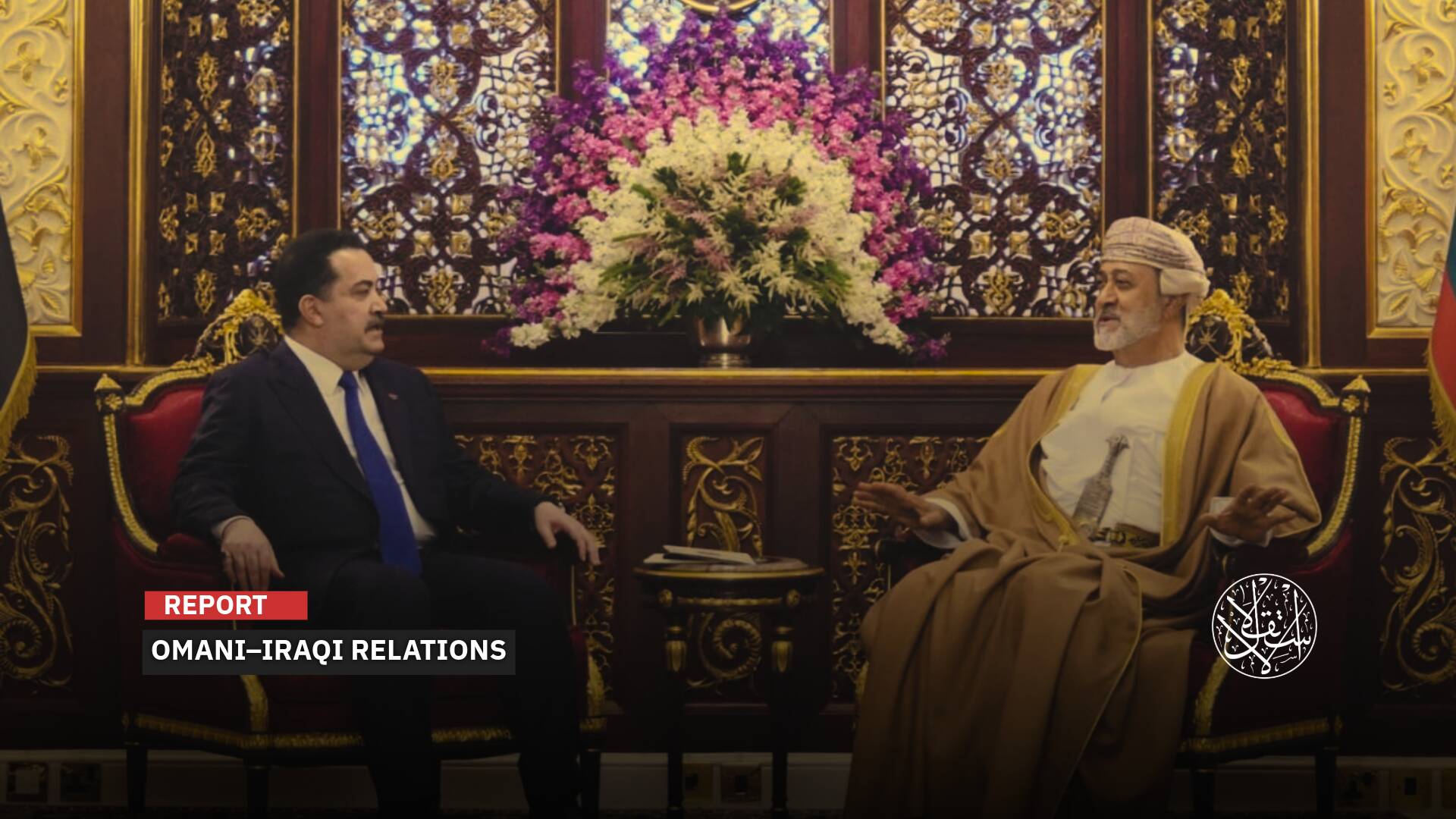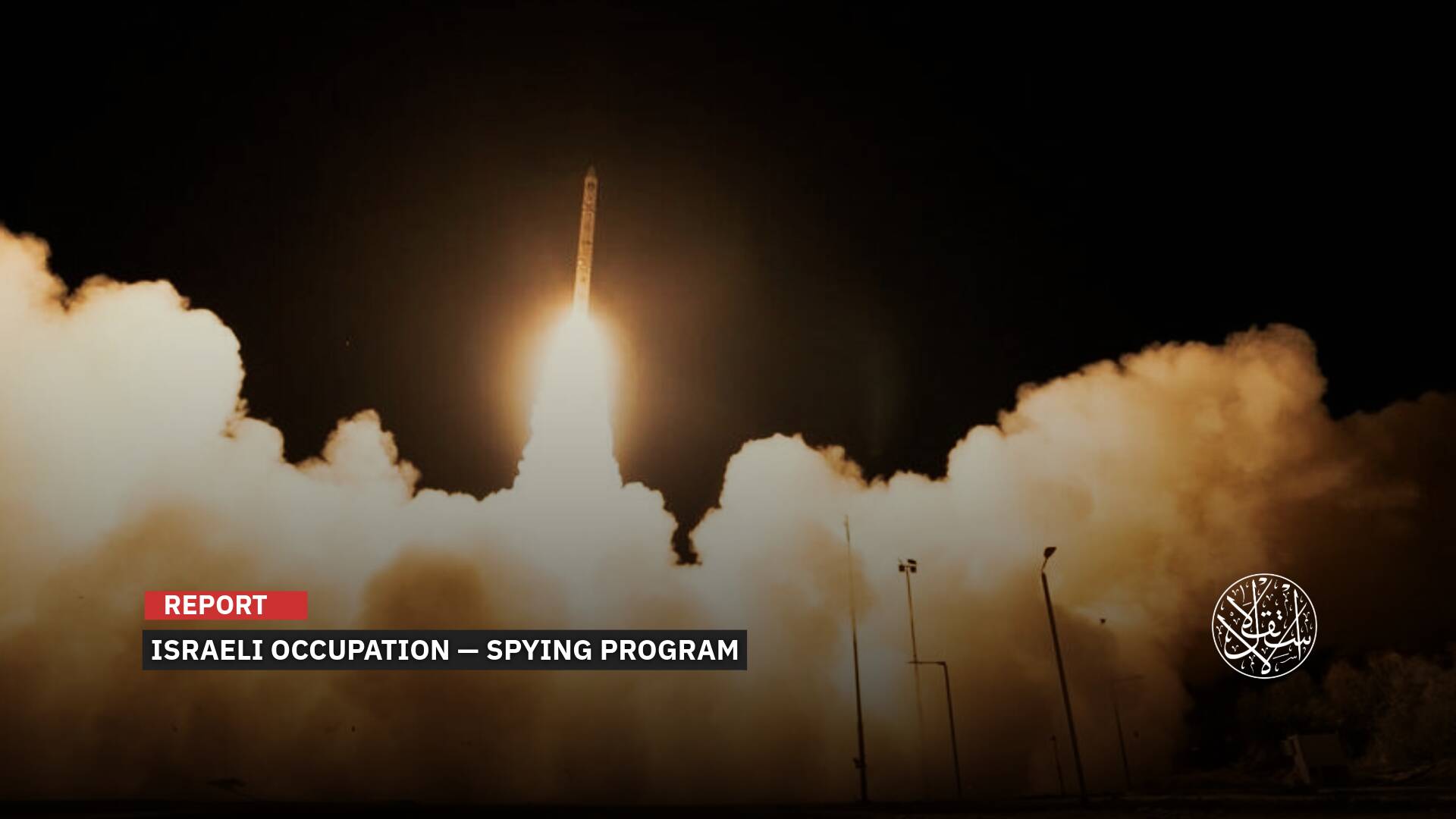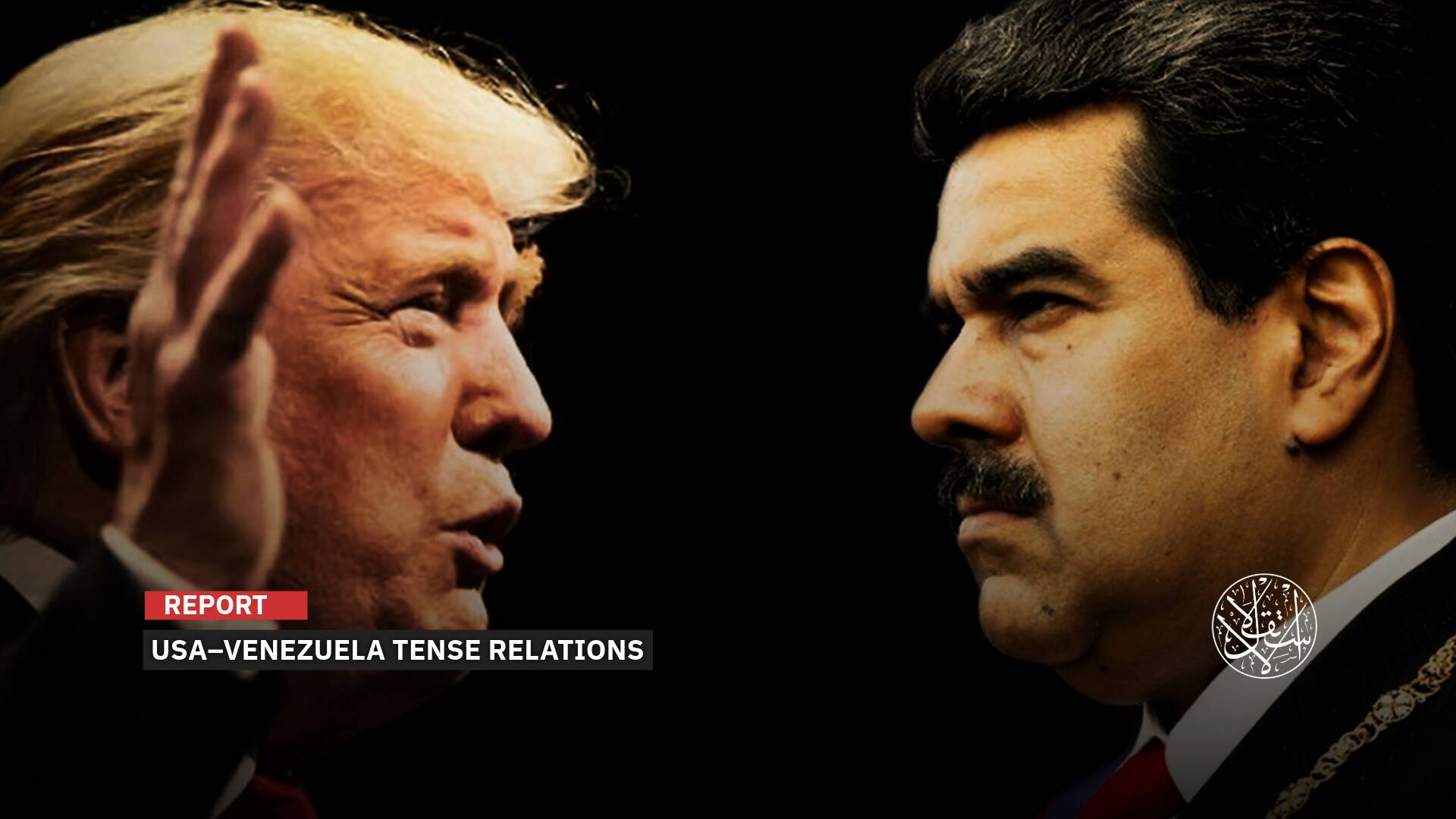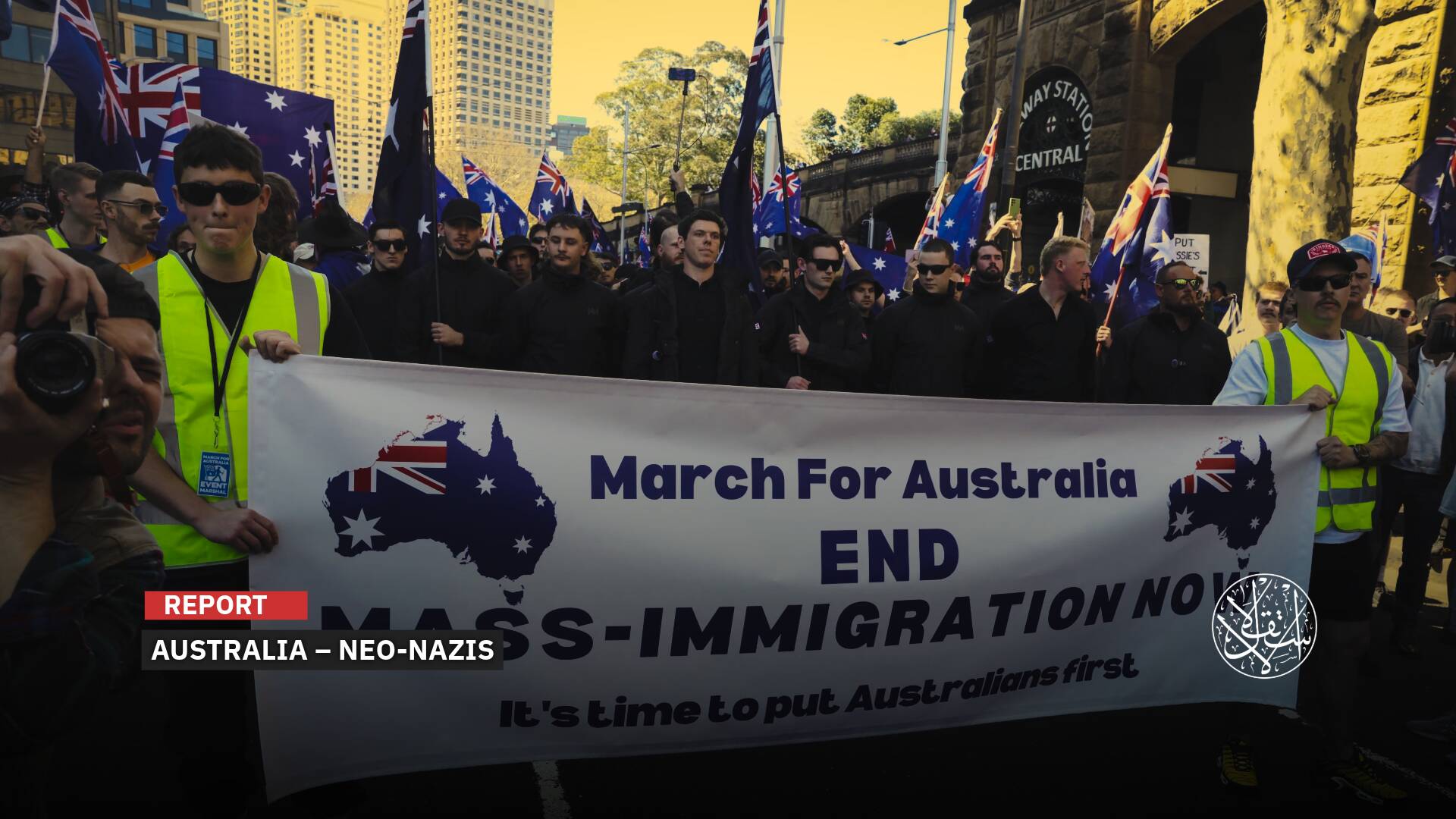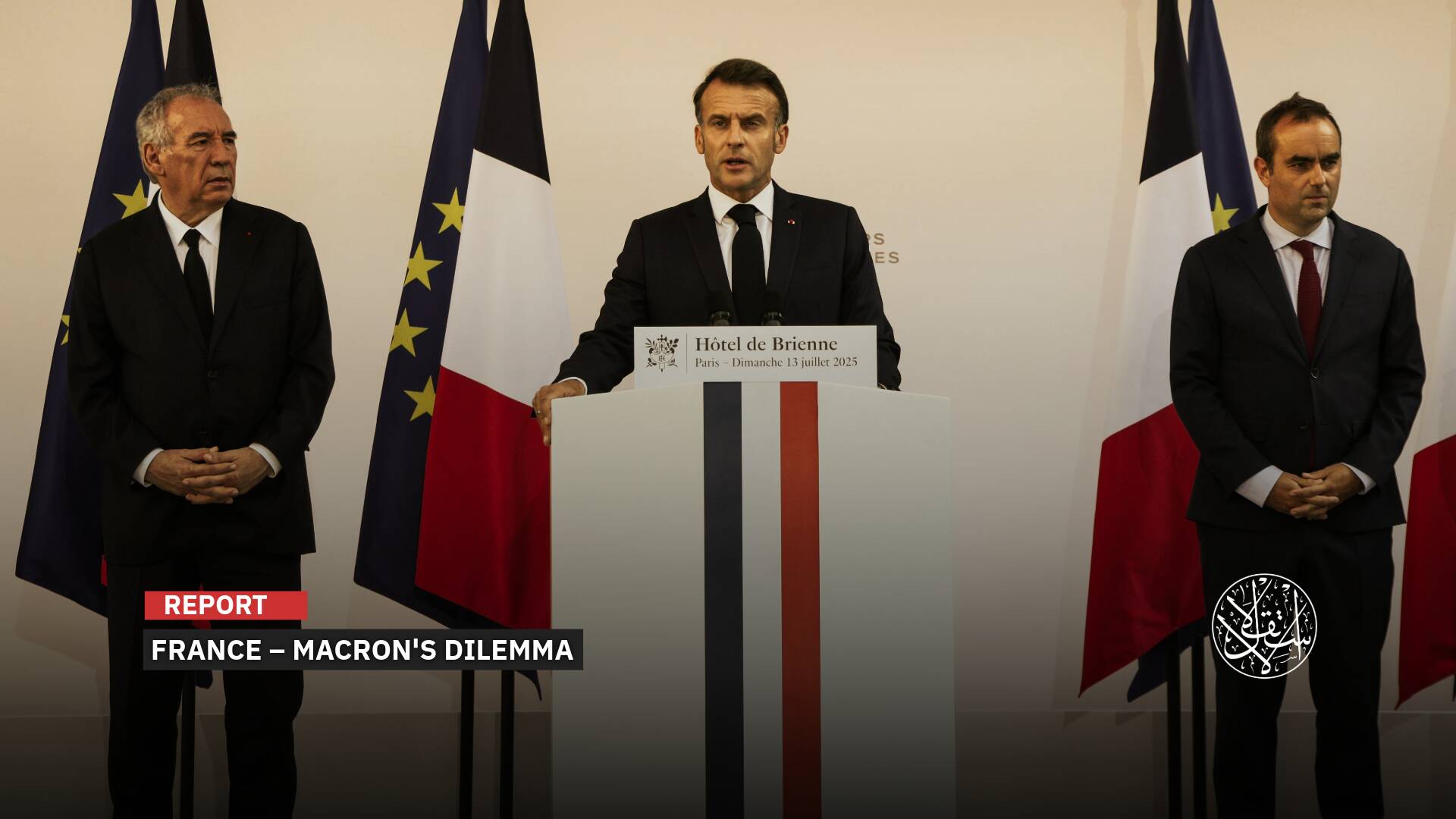What Are the Chances of Kosovo To Join the European Union Amid a Real Crisis?

The Russian newspaper, Gazeta.ru, highlighted the obstacles facing Kosovo's intention to join the European Union, in light of the crisis internally with the Serb minority, and externally with Serbia.
The newspaper added in an article by writer Vladimir Kulagin that the European Union is currently focusing on calming the tension between the two sides and trying to push them to normalize relations.
Kosovo, whose population is mostly descended from Albania, declared its independence from Serbia in 2008, but Belgrade still considers it part of its territory, and supports a Serb minority there.
About 100 countries have recognized the independence of Kosovo, including the United States and all but five of the European Union countries: Spain, Slovakia, Cyprus, Romania, and Greece.
Neither Serbia nor its allies China and Russia recognized the move, and a dialogue launched a decade ago and sponsored by the European Union between the two countries has failed to normalize relations between them until today.
Tough Membership
The newspaper reported that Kosovo announced its intention to apply for membership in the European Union, but it has not yet obtained the recognition of its independence by all EU countries which makes the start of real negotiations questionable so far.
It referred to a meeting on December 8, 2021, that brought together the Prime Minister of Kosovo, Albin Kurti, with Josep Borrell, the High Representative for Foreign Affairs and Security Policy of the European Union.
The meeting stressed the importance of dialogue between Belgrade (the capital of Serbia) and Pristina (the capital of Kosovo) in order to normalize relations.
During the meeting, Kurti and Borrell discussed Kosovo's reform priorities and the importance of strengthening the rule of law, combating corruption and organized crime, public administration reform, and economic development in the country.
The newspaper quoted experts as saying that there are no real prospects for Pristina's accession to the European Union in the near future, due to the non-recognition of its independence by five European Union countries.
Elena Guskova, head of the Center for the Study of the Contemporary Balkan Crisis at the Russian Academy of Sciences, described Kosovo's independence as an "American project" whose implementation has been delayed because many countries do not support it.
Strained Relationships
Tensions between Kosovo and Serbia have not calmed down for years, despite the mediation of the European Union and the announcement by former US President Donald Trump, on September 4, 2021, that the two countries agreed to normalize economic relations between them.
Tensions escalated on September 26, 2021 between Kosovo and Serbia, which helped its army being more ready at the border, accusing its neighbor of "provocations" after it deployed special forces at two border posts.
This came after Kosovo announced on September 20, 2021 that it would not allow vehicles with Serbian plates to pass through its territory, and would give them temporary plates upon entering Kosovo.

The Russian newspaper pointed out that Serbia and Kosovo have been trying to reach reconciliation since 2013 with the help and mediation of the European Union, which requires the establishment of legal relations between the two sides to accept membership.
Serbia applied to join the European Union in 2009, while the EU recognizes Kosovo as a possible candidate for membership.
Kosovo also has an Association Agreement (SAA) with the European Union, which generally precedes the application for membership.
Many Problems
For her part, Yekaterina Antenna, a professor of Russian international relations, said that "there is no need to talk about Kosovo's accession to the European Union, not only because of its many internal problems, but also because of the complex negotiations with Brussels."
Antenna indicated, according to the newspaper, that according to the new methodology for negotiations with the European Union candidate countries, the member states of the European bloc have additional opportunities to carefully analyze and monitor the progress of the candidates for membership.
According to this methodology, "if the countries wishing to enter the European Union do not try their best, this could lead to the imposition of sanctions up to the cessation of their support and the cancellation of accession negotiations."
Antenna believed that the European Union should help them, or it would seriously lose its credibility.
But it added that the European Union wants the stability of the internal political situation in Kosovo and that the local political scene does not return to the for a full term.
It considered that "after all, in theory it seems the best option is for the two situations that prevailed 15 years ago, when its coalition governments did not last countries to join the European Union together. But it is not realistic so far."


